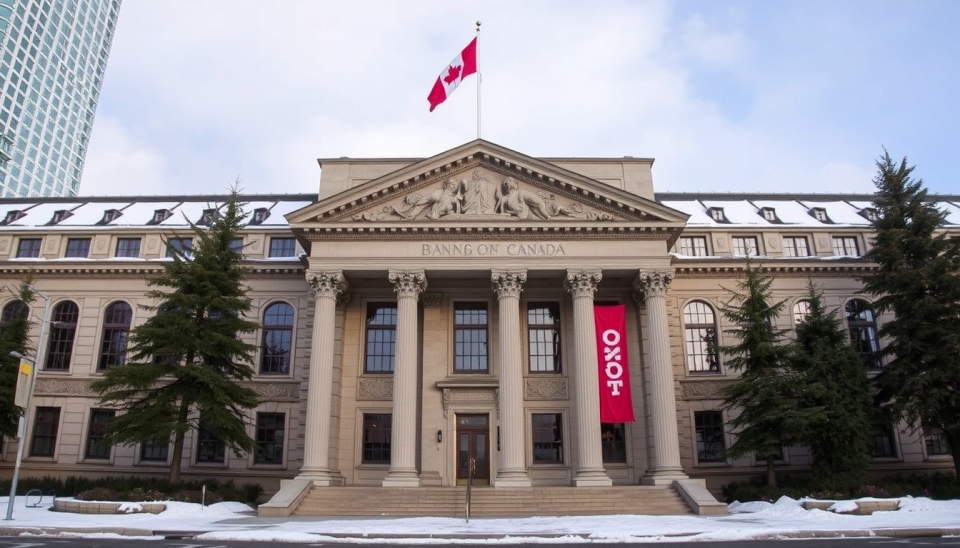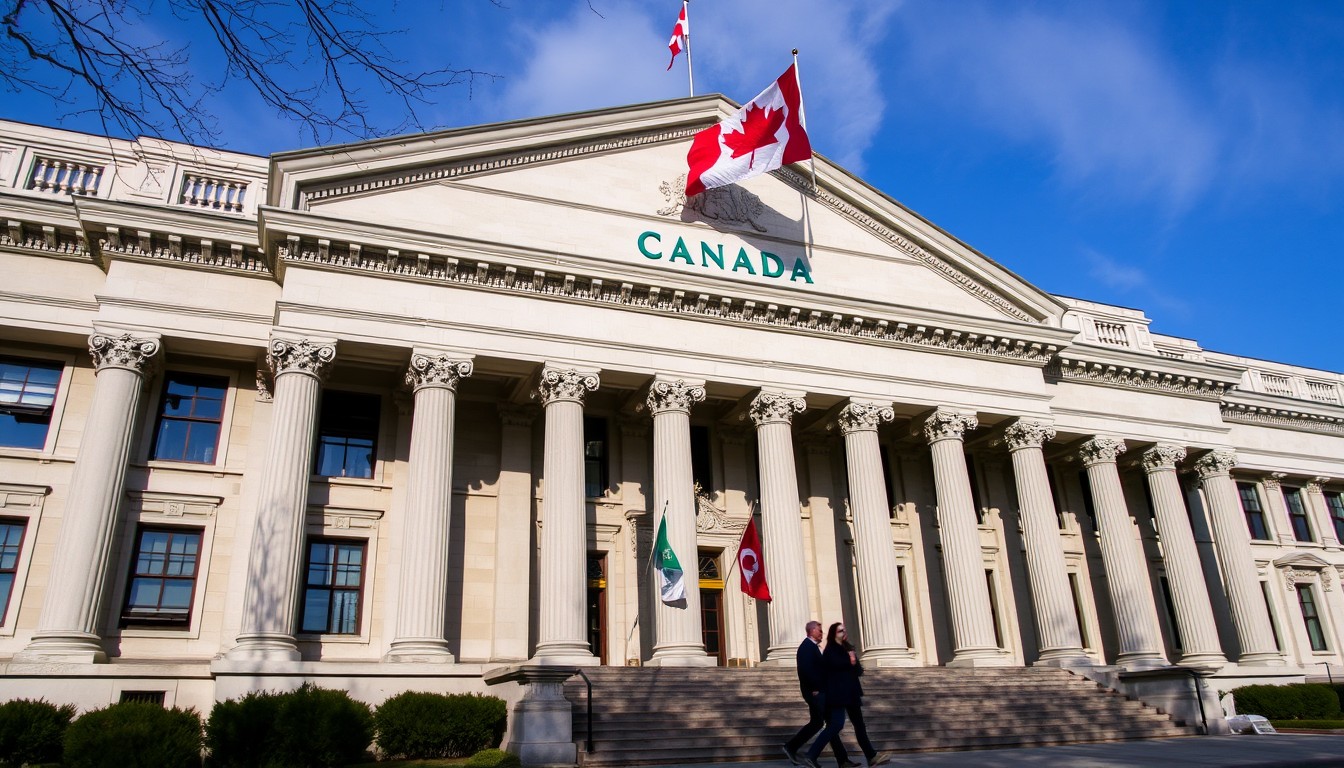Bank of Canada Warns of Potential Price Increases Due to Shifts in Global Trade

Recent statements from the Bank of Canada raise significant concerns about how changes in global trade may impact the prices of goods and services in the country. In its latest report, the central bank noted that the reconfiguration of supply chains and adaptation to new commercial realities are leading to increased costs. Specifically, changes in production and distribution processes due to geopolitical factors and the drive for more sustainable sources could put pressure on prices.
Experts indicate that these changes are elevating expenses for companies, which could, in turn, pass these costs on to consumers, potentially causing inflation to rise in Canada. This is particularly true for goods that rely on complex and protracted supply chains, such as electronics, automobiles, and construction materials. The bank also underscores that adapting to new trading conditions may take significant time, further complicating the situation.
Canadian manufacturers face the necessity of revising their strategies to remain competitive amid a shifting global economy. In this context, the Bank of Canada recommends that businesses focus on innovation and efficiency improvements to mitigate the potential impacts of increased costs.
Thus, the country's economy might come under pressure from rising inflation and complex trade conditions on the international stage. The bank urges careful monitoring of the situation and the implementation of measures to soften possible adverse effects on domestic consumers.
The Bank of Canada will continue to track conditions in global markets and adapt its monetary policy in response to emerging challenges. It is important to note that a cautious response to changes in trading conditions can help maintain economic stability and price levels.
#BankofCanada #globaltrade #inflation #economy #supplychain #prices


